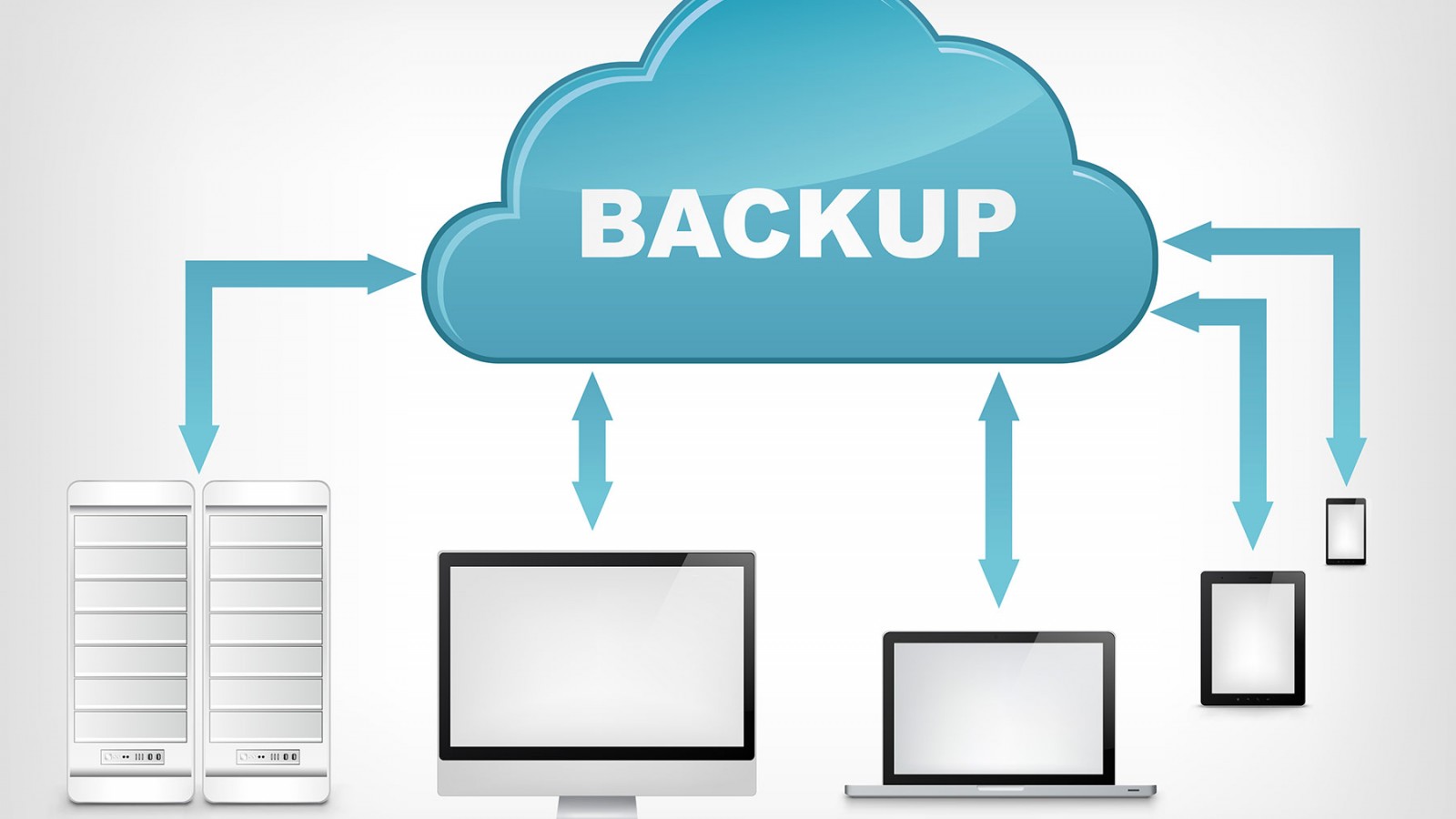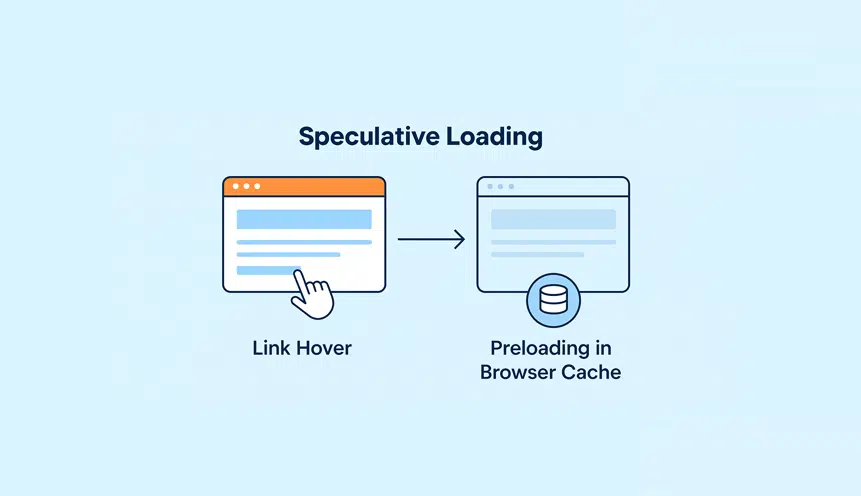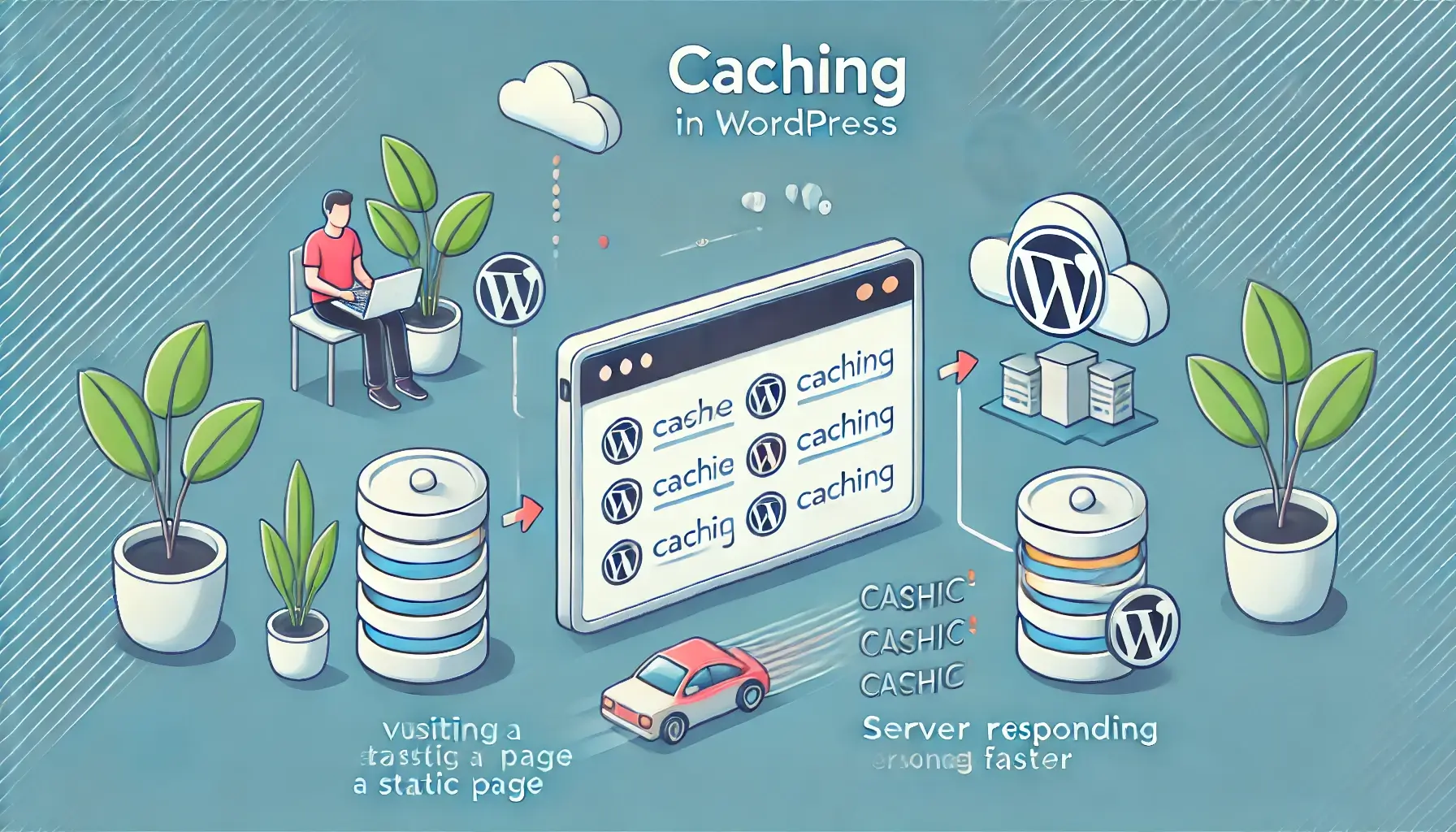On average, an enterprise loses an estimated $341,000 in one single instance of system downtime. You’d think with those numbers, companies would ensure that they had a backup continuity plan in place for all of their sensitive files.
Unfortunately, only 50% of enterprises implement some form of endpoint backup for their employee computers, with 16% of end users reporting that they don’t have any backup through their employer at all, opting to use alternative methods to ensure data recovery.
As we become more dependent on technology, enterprises that go without data backup put themselves more at risk to lose time, money, and reputation in attempts to recover and replicate crucial information.
System downtime can be caused by many different problems, all of which can happen at a moment’s notice. The biggest culprits of downtime are operational errors and system malfunctions.
Natural disasters are the second-most frequent cause of system downtime, with human errors trailing not too far behind. Companies who do not prepare for these events can find themselves losing hundreds of thousands of dollars in an attempt to recover critical files. This can leave an enterprise reeling for resources.
The financial strain of recovering lost data can be painful enough, but unfortunately, companies who go without a data backup protocol also open themselves up to more permanent risks that can snowball into major issues.
Employees tasked with recovering and replicating old work are spending time that could have otherwise been used to complete more productive projects. Taking these employees away from critical tasks can turn away both customers and business opportunities that could’ve churned in additional revenue.
All of this additional duplicate work can also slow business and kill employee morale, which sends negative signals to customers and investors. All of these combined issues ultimately affect reputation, and even if a company bounces back financially, a damaged reputation can take years to fix.
The below infographic from enterprise cloud computing company SingleHop further illustrates what companies choose to lose when they forego up-to-date data backups.
Fortunately, most IT professionals understand the need for an off-site backup plan not only for their physical documents, but their digital ones as well. As we become more engrossed in a digitally connected workplace, keeping data safe and secure off site has become paramount.
The best way for companies to defend themselves from data loss is to have a good plan of attack ahead of time.


















